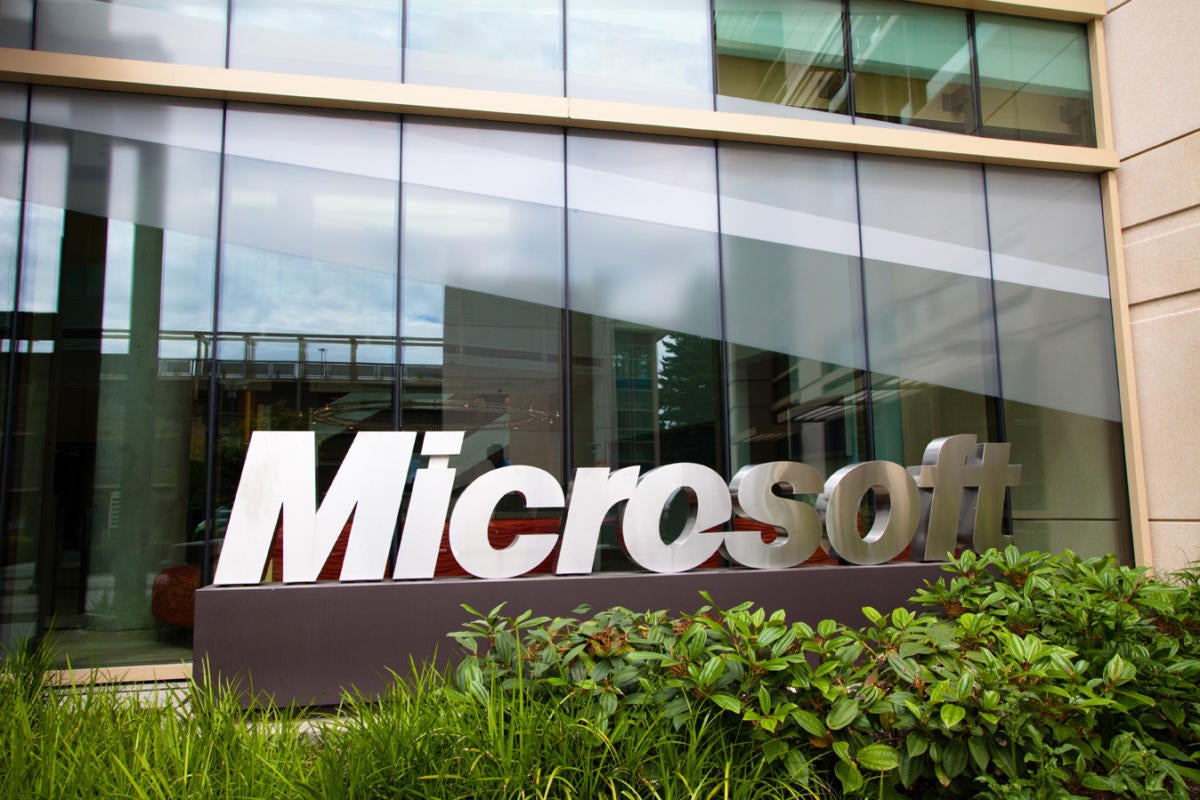Microsoft has partnered with Mistral AI to make the latter available to its Azure customers, adding more options to enterprise customers.
Mistral AI is set to enrich Azure’s AI offerings, introducing its premium models via Azure AI Studio’s Models as a Service (MaaS) and the Azure Machine Learning model catalog.
This move complements the existing array of OpenAI models, broadening the catalog with a versatile mix of open source and proprietary AI solutions, thereby enhancing the options available to Azure customers.
“This latest addition of Mistral AI’s premium models into Models as a Service (MaaS) within Azure AI Studio and Azure Machine Learning provides Microsoft customers with a diverse selection of the best state-of-the-art and open source models for crafting and deploying custom AI applications, paving the way for novel AI-driven innovations,” Microsoft said in a blog post.
More options and more customers
The addition of Mistral to Azure could bring more options to customers. For Microsoft, this could be a strategic move to beat the competition in the AI space.
“The Mistral partnership makes good business sense for Microsoft as it diversifies its AI ecosystem beyond the OpenAI partnership, expands the roster of foundation and generative AI models available on Azure AI, and offers access to multilingual models through Azure,” said Leslie Joseph, principal analyst at Forrester. “This move brings more choice to Microsoft customers that choose to deploy AI applications through Azure, and more choice is always good.”
Moreover, the partnership opens doors for both Microsoft and Mistral to leverage each other’s customer bases, expanding their market reach and accelerating the adoption of their respective technologies.
“From a financial standpoint, the potential cost optimizations for Azure customers by utilizing Mistral’s AI models could translate into substantial savings, further driving Azure’s appeal,” said Thomas George, president of CyberMedia Group and CMR. “Additionally, the collaborative innovation aspect of this partnership holds promise for pushing the boundaries of AI technology forward. As Microsoft and Mistral pool their expertise and resources, we can anticipate the emergence of novel AI solutions and advancements that could reshape various sectors.”
Potential challenges to overcome
Microsoft’s partnership with Mistral won’t be without challenges, according to Manish Rawat, analyst at Techinsights. The challenges include integrating methodologies, ensuring data privacy and security, gaining user acceptance, aligning cultures, and complying with regulations must be addressed.
“Overcoming these challenges requires careful planning, transparent communication, and a commitment to shared goals and values,” Rawat said. “Despite the obstacles, the partnership holds promise for driving impactful AI solutions across industries globally.”
From a customer standpoint, bringing in more AI models could also create the need to upskill their employees. This is critical as technology advances at a fast pace.
“One way to alleviate the skill gaps is to prioritize training and upskilling for their teams and to develop an in-house understanding of AI concepts and their specific industry applications,” Joseph said. “This should be coupled with proof-of-concept projects to test use cases and refine integration approaches. Fostering collaboration between IT, business, and data science teams is crucial, as are potential partnerships with AI solution providers for expertise.”
George suggested that CIOs can ensure their teams effectively manage the complexity of integrating advanced AI technologies through a series of broad steps and initiatives.
“Collaborating with experienced AI vendors provides valuable insights and support, mitigating risks and expediting deployment,” George added. “Continuous monitoring and evaluation mechanisms enable early issue identification and process optimization. Embracing change management practices facilitates smoother adoption and enhances overall integration outcomes.”
Copyright © 2024 IDG Communications, Inc.
This story originally appeared on Computerworld

